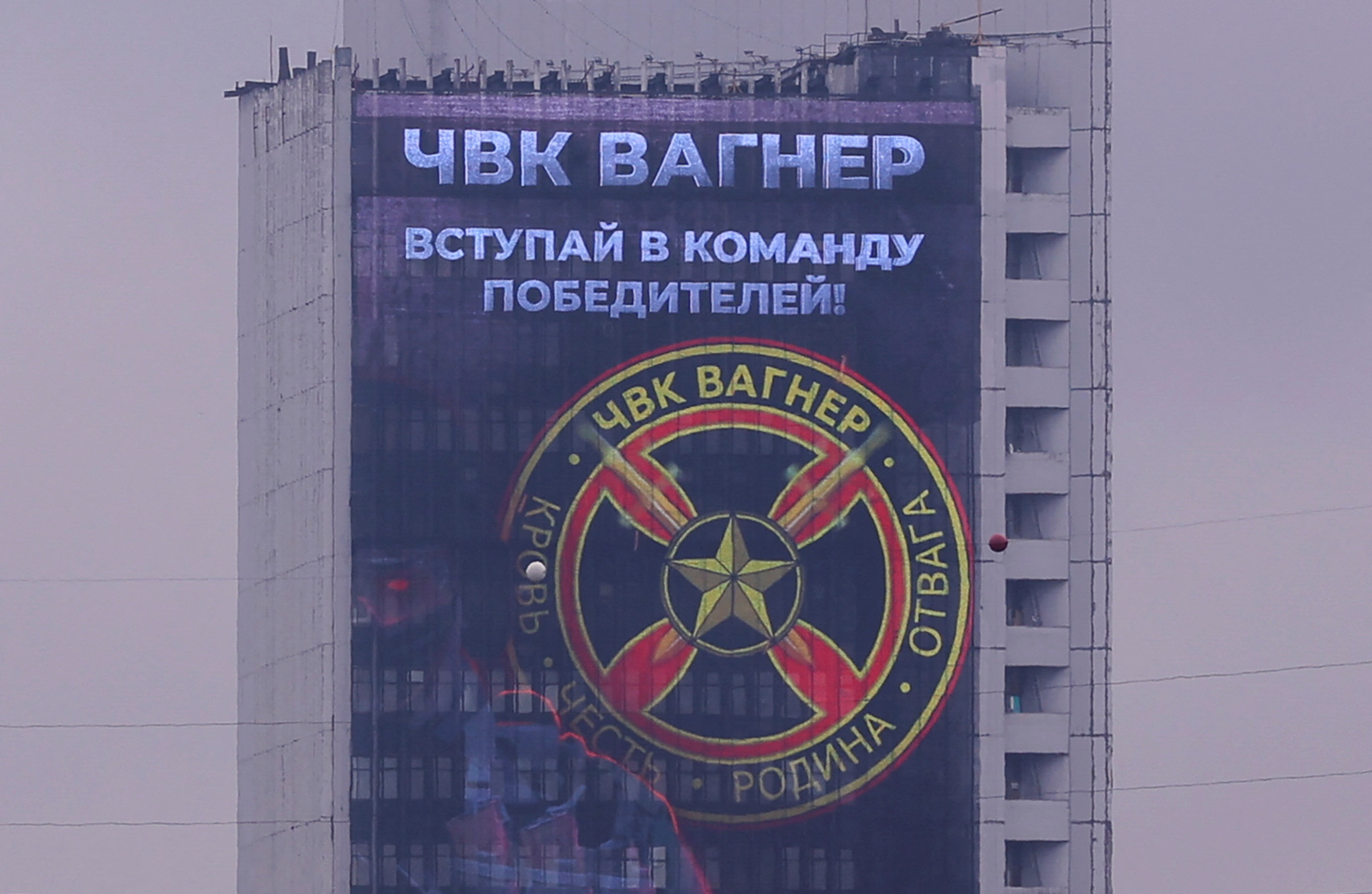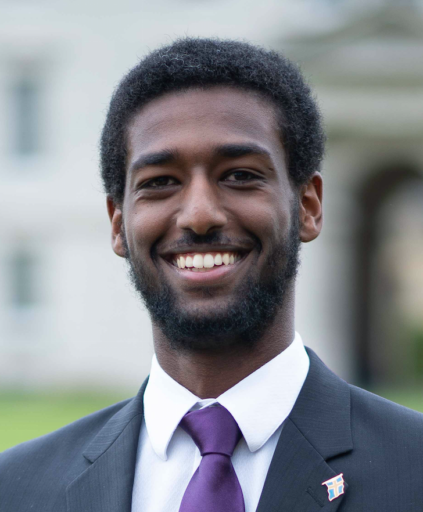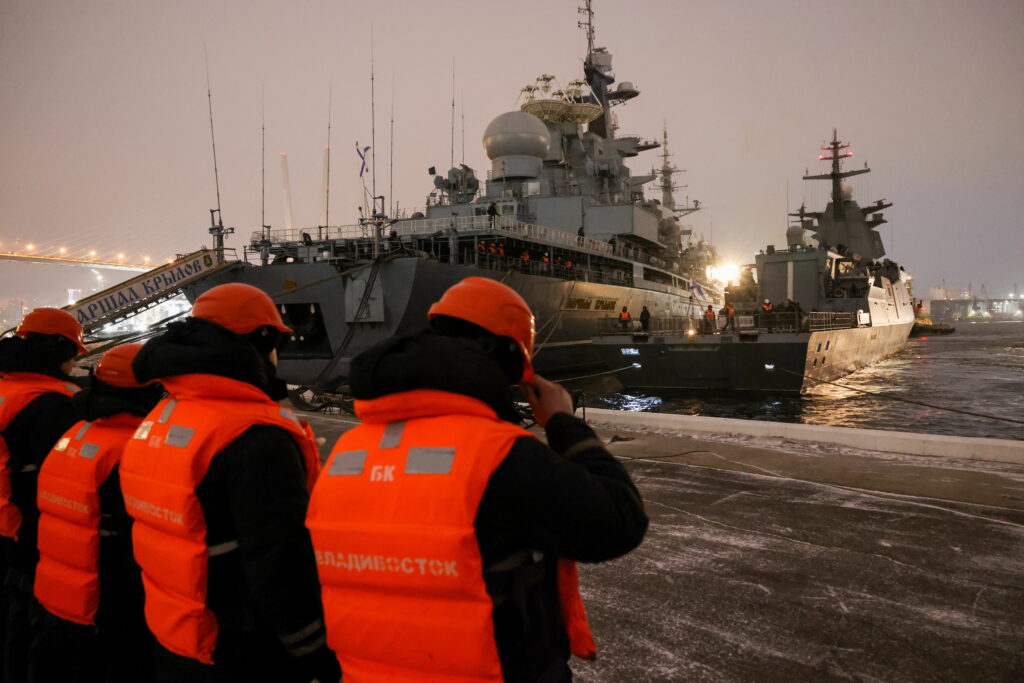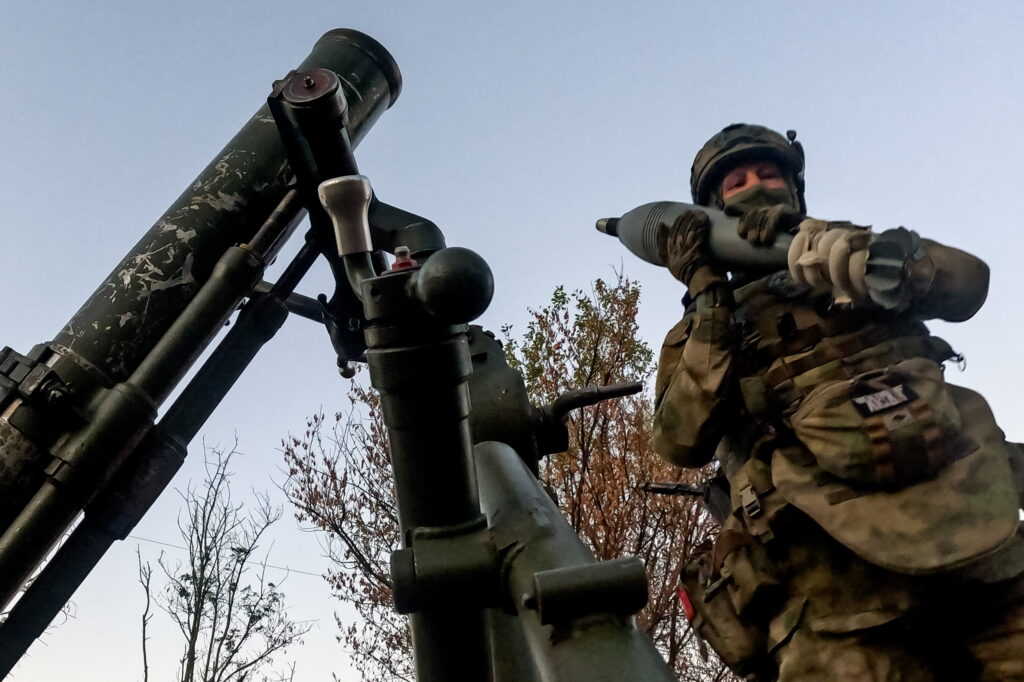Following growing pressure from Congress, the Treasury Department has designated the Russian private military Wagner Group «a transnational criminal organization.» Despite this move, some members of Congress want to go further and designate it as a foreign terrorist organization (FTO). Such a designation would represent a significant move that could worsen the already fraught U.S.-Russian relationship and potentially risk direct clashes between U.S. forces and Russian nationals.
Escalatory Precedent
FTOs have traditionally consisted of non-state actors, whether Islamist groups such as al Qaeda, communist guerrillas like the FARC, or nationalist groups like various offshoots from the Irish Republican Army. The Trump administration moved away from the traditional praxis of avoiding state-affiliated groups when designating Iran’s Islamic Revolutionary Guard Corps (IRGC) as an FTO in April 2019. Ultimately, this may have contributed to the assassination of the IRGC’s commander General Qassem Soleimani in January 2020 at Baghdad International Airport, with the ex post facto justification being that he was a terrorist. This was followed shortly afterwards by an Iranian retaliatory strike on U.S. forces stationed in Iraq. While this tit-for-tat did not escalate into a full scale war between the United States and Iran, it nevertheless revealed that an FTO designation may have the potential of paving the way to direct kinetic action with potentially massive and deadly consequences. The Wagner Group’s close links to the Russian state makes the IRGC’s FTO designation the most analogous, in contrast to non-state jihadi groups that are largely outgrowths of al Qaeda and subsequently the Islamic State.
Soleimani’s assassination was not a standalone incident. Following the IRGC’s FTO designation but prior to the Soleimani strike, President Donald Trump had prepared for a military attack on Iran itself. On June 21 2019, the U.S. Air Force was prepared to attack three separate targets; the strikes were called off at the last minute. Though the planned attack was in response to the downing of a U.S. spy drone a day before, it was prepared in a context where the IRGC’s FTO designation had acted as an escalatory factor bringing U.S. and Iranian forces closer to direct conflict. This was not limited to the Trump administration. Under the Biden administration, in August 2021, the U.S. carried out airstrikes in eastern Syria against militias that the U.S. Treasury alleges is led by the IRGC. Even on the diplomatic front, President Joe Biden’s decision to maintain the IRGC’s FTO status has been a stumbling block in ongoing U.S.-Iranian talks on reviving the 2015 nuclear deal. This precedent further complicates matters by the fact that Iran was already designated an SST prior to the IRGC being designated an FTO. In the case of the Wagner Group, the U.S. could potentially invert the process since an FTO designation of a state-linked entity blurs the line and runs the risk of leading to an SST designation.
An FTO designation does not authorize military strikes. According to the State Department, such a designation is intended to be «an effective means of curtailing support for terrorist activities and pressuring groups to get out of the terrorism business,» with particular focus on funding and rooting out financial support networks. In practice, however, it can act as an accelerant that can ultimately lead to direct military involvement. This raises numerous questions when applied to a group that has not already attacked the U.S. or is an off-shoot of such a group–in contrast to traditional targets like al Qaeda and the Somalia-based al Shabaab–especially when located in an otherwise unfriendly state or hostile environment. Can Wagner be the target of airstrikes? Can and should the U.S. government actively support anti-Wagner forces in Africa, who are in turn also fighting their own governments?
To some extent, these are not hypothetical questions. In February 2018, following a clash between U.S. special forces and local Kurdish forces on one side and the Wagner Group along with pro-government forces on the other in the Syrian governorate of Deir Ezzor, the U.S. military carried out airstrikes that killed Russian nationals in what is possibly the first deadly clash between U.S. and Russian citizens since the fall of the Berlin Wall. So far, such an attack represents an outlier, especially given how U.S. forces and Wagner fighters often had shared enemies (e.g. the Islamic State) in the multi-party conflict. However, with common enemies receding into the background and U.S.-Russian relations becoming more antagonistic, militarized, and prominent, the likelihood of further clashes is likely to grow, especially with an FTO designation.
Recent years have also borne witness to a further rhetorical expansion of what it means to be a terrorist organization. Following the killing of dual U.S.-Mexican citizens in 2019, then-President Donald Trump pledged to designate Mexican drug cartels as terrorist organizations, though ultimately did not carry through with the threat. This was not the first time the idea had been floated, with both George W. Bush and Barack Obama having previously considered the idea. This year on 8 March, following additional Americans in Mexico, Senators Roger Marshall and Rick Scott reintroduced a bill titled Drug Cartel Terrorist Designation Act, which would «direct the Secretary of State to designate certain Mexican drug cartels as foreign terrorist organizations.» While this would still not enable the use of military force, Senator Lindsay Graham has suggested «introduc[ing] legislation to make certain Mexican drug cartels foreign terrorist organizations under U.S. law and set the stage to use military force if necessary.»
Sahelian Consequences
The United States is already active in the Sahel region, where the Wagner Group’s presence is most visible. Since the Obama administration, the U.S. has carried out covert drone strikes across the region. In 2015, the United States negotiated an agreement with the government of Niger to construct a $ 100 million drone base in the country whose purpose is to «support operations against seven [Department of State]-designated foreign terrorist organizations.» This has at times even resulted in U.S. Special Operations Forces being deployed to «conduct a variety of counterterrorism and security force assistance activities,» which in one incident resulted in U.S. and Nigerien casualties during an ambush in 2017. With the growing Wagner presence, the situation in the Sahel can become extremely messy if the U.S. and the Wagner Group are both operating in the same vicinity, with a repeat of the 2018 Syrian incident becoming a real possibility. With the precedent set by the strikes on the allegedly IRGC-backed militias, preemptive strikes could become a possibility even if not authorized as a result of the FTO designation.
The growing rejection of Western troop presence and the continuing withdrawal of French ground forces from its former colonies has resulted in other Western European countries, such as Sweden and Germany, choosing to bring forward their troop withdrawal dates. Consequently, the Wagner Group’s relative strength has grown. With fewer Western forces on the ground, U.S. airpower can become more unrestrained, especially given Biden’s preference for so-called «over-the-horizon» counterterrorism capabilities. As Biden reminded the world on Aug. 16, 2021, «We conduct effective counterterrorism missions against terrorist groups in multiple countries where we don’t have a permanent military presence.»
In a Dec. 2022 letter to the Speaker of the House and the President Pro Tempore of the Senate, Biden also confirmed that «United States military personnel in the Lake Chad Basin and Sahel Region continue to conduct airborne intelligence, surveillance, and reconnaissance operations and to provide support to African and European partners conducting counterterrorism operations in the region, including by advising, assisting, and accompanying these partner forces.» With the number of African and European partners dwindling, the U.S. may potentially fill this new vacuum by expanding its own military operations. Should the U.S. continue to act in the region, such operations may now face challenges not just from Islamist forces but also local governments as well as the Wagner Group.
The United States and Russia’s expanding roles in the Sahel in particular and Africa more generally risks potentially exporting rising U.S.-Russia tensions to countries where the Wagner Group operates. Designating the Wagner Group a foreign terrorist organization in the aftermath of the IRGC precedent may be politically popular domestically but its ramifications can be escalatory and lethal abroad. Despite the United States’ 2021 withdrawal from Afghanistan, the U.S.-led Global War on Terror continues and risks converging with a new Cold War.










